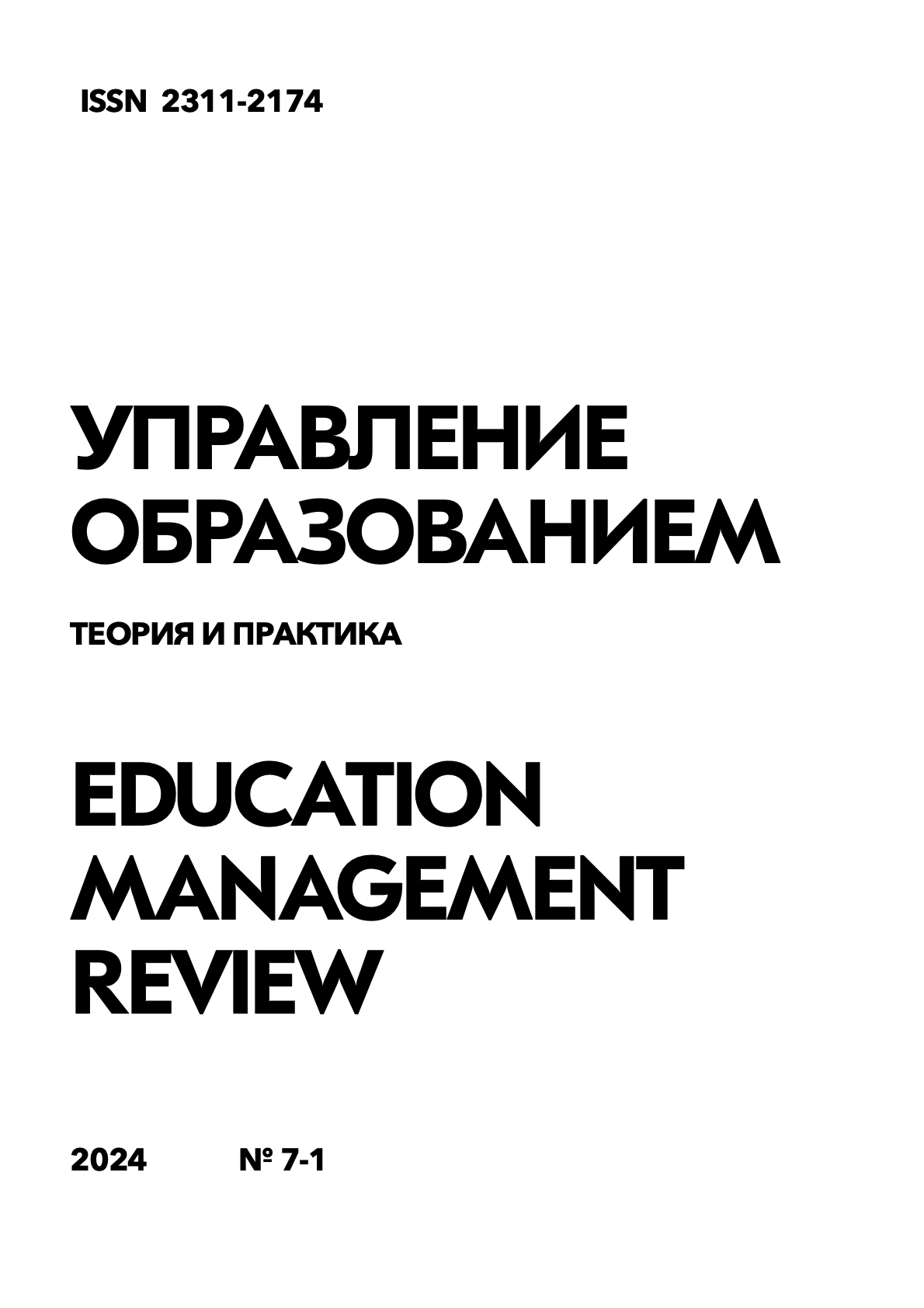Cross-cultural features of teaching in a multinational and multi-confessional student audience on the example of foreign students from Vietnam
Keywords:
foreign student, language personality, language barrier, mentality, educationAbstract
The article is devoted to the analysis of trends in the growth of the number of foreign students in Russian universities. The main areas of study that foreign students are most interested in when applying to universities in our country, as well as the reasons for the dynamics of the growth in the number of students coming from other countries, despite various restrictive measures, such as COVID-19, have been identified. As examples, some higher educational institutions in Russia, where foreign students receive higher education, are considered. One of these universities is the G.V. Russian University of Economics. Plekhanova, which cooperates with other foreign universities, has double degree programs, and it also has communities for international students. The analysis of such a concept as a "linguistic personality" is carried out for a more complete understanding of how a foreign student feels and adapts to new social realities. The article also examines the peculiarities of behavior and the process of presenting material in a multinational student audience. In the process of research, emphasis is placed on barriers that can become a problem for a foreign student on the way to gaining knowledge. This issue is very relevant in modern realities.
References
Азаренкова М.И. Формирование условий для стабильности процесса этнической безопасности в современном вузе // Социальное взаимодействие в различных сферах жизнедеятельности: мат. VI Междунар. науч.-прак. конф. (18-19 ноября 2016 г., СанктПетербург). Российский государственный педагогический университет им. А. И. Герцена, Институт педагогики и психологии. СПб.: Российский государственный педагогический университет им. А.И. Герцена, 2016. С. 169-172.
Жусупов А.Е. Вторичная языковая личность: формирование вторичной языковой личности у иностранных студентов // Проблемы научной мысли. 2017. Т. 1. № 9. С. 309-313.
Киселева Н.И., Павлюкевич К.Ф. Факторы, обуславливающие успешность реализации национальных проектов в сфере образования // Вестник евразийской науки. 2022. № 6.
Кожевникова М.Н., Филипская Т.А. Адаптация учащихся из Вьетнама в российских вузах: социокультурный и академический аспекты // Актуальные проблемы гуманитарных и естественных наук. 2015. № 12-4. С. 99-101.
Крутых Е.В., Хакуз П.М. Иностранный студент как вторичная языковая личность: проблемы кросс-культурных коммуникаций // Современные тенденции кросс-культурных коммуникаций: мат. II Междунар. науч.-прак. конф. (11 ноября 2020 г., Краснодар). Краснодар: Кубанский государственный технологический университет, 2020. С. 78-82.
Трошина Н.Н. 2003. 03. 012. Карасик В.И. Языковой круг: личность, концепты, дискурс. Волгоград: Перемена, 2002. 477 с. Библиогр.: С. 435-476 // Социальные и гуманитарные науки. Отечественная и зарубежная литература. Сер. 6: Языкознание: Реферативный журнал. № 3. 2003. pp. 48-54.
Число иностранных студентов в России за три года выросло на 26 // Официальный сайт Министерства Науки и Высшего образования Российской Федерации. 2022
Downloads
Published
How to Cite
Issue
Section
License

This work is licensed under a Creative Commons Attribution-NonCommercial-NoDerivatives 4.0 International License.




